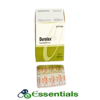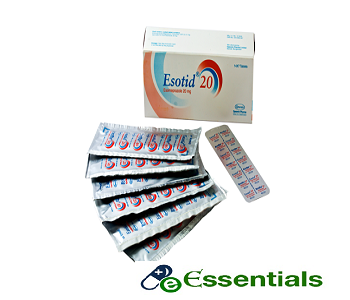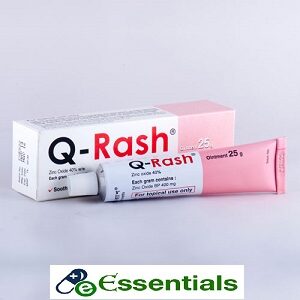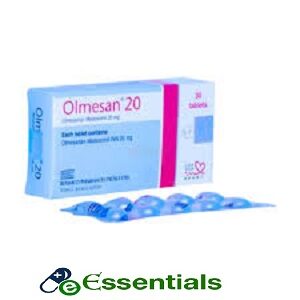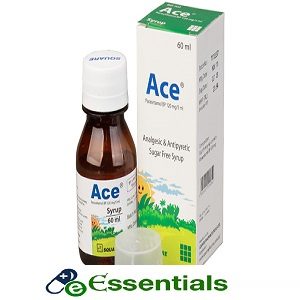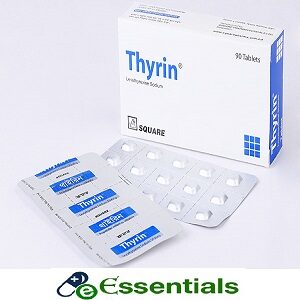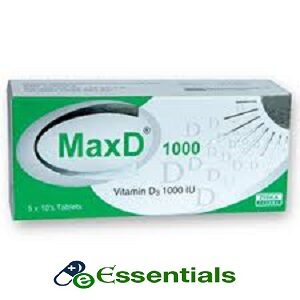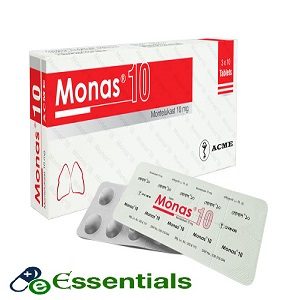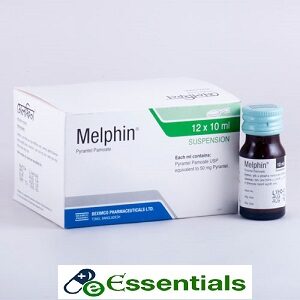Indications :
- Treatment of Gastroesophageal Reflux Disease (GERD)
- Healing of Erosive Esophagitis
- Maintenance of Healing of Erosive Esophagitis
- Symptomatic Gastroesophageal Reflux Disease
- H. pylori Eradication to Reduce the Risk of Duodenal Ulcer Recurrence
- Zollinger-Ellison Syndrome
- Acid Related Dyspepsia
- Duodenal and Gastric Ulcer
Therapeutic Class :
Pharmacology :
Dosage :
Tablet or Capsule:
Healing of erosive esophagitis: 20 mg or 40 mg once daily for 4 to 8 Weeks. For those patients who have not healed after 4-8 weeks of treatment, an additional 4-8 weeks course of Esomeprazole may be considered.
Long-term management of esophagitis: 20 mg once daily.
Symptomatic gastroesophageal reflux disease: 20 mg once daily for 4 weeks.
H. pylori eradication for treatment of duodenal ulcer: Triple therapy: 20 mg Esomeprazole once daily with 500 mg Clarithromycin twice daily, and 1 g Amoxicillin twice daily for 7-10 days.
Injection:
The recommended adult dose in GERD with Erosive Esophagitis is either 20 or 40 mg Esomeprazole given once daily by intravenous injection (no less than 3 minutes) or intravenous infusion (10 to 30 minutes).
Pediatric dose (1 to 11 years old):
- Short term treatment of symptomatic GERD: 10 mg once daily for up to 8 weeks.
Healing of erosive esophagitis:
- Weight <20 kg: 10 mg once daily for up to 8 weeks.
- Weight ≥20 kg: 10 mg or 20 mg once daily for up to 8 weeks.
Administration :
- 20 mg dose: Withdraw 25 ml of the final solution and administer as an intravenous infusion over 10 minutes to 30 minutes.
- 10 mg dose: Withdraw 12.5 ml of the final solution and administer as an intravenous infusion over 10 minutes to 30 minutes.
Interaction :
Contraindications :
Side Effects :
Pregnancy & Lactation :
Lactation: Esomeprazole is excreted in human milk. Thus, a decision should be taken to discontinue nursing or to discontinue the drug, taking into account the importance of the drug to the mother.
Precautions :
Overdose Effects :
Use in Special Population :
Pediatric: Safety and effectiveness in pediatric patients have not been established.
Hepatic insufficiency: No dosage adjustment is recommended for patients with mild to moderate hepatic insufficiency. However, in patients with severe hepatic insufficiency a dose of 20 mg once daily should not be exceeded.
Renal insufficiency: Dosage adjustment is not necessary.
Reconstitutions :
Storage Conditions :
Brand
Opsonin Pharma Limited



